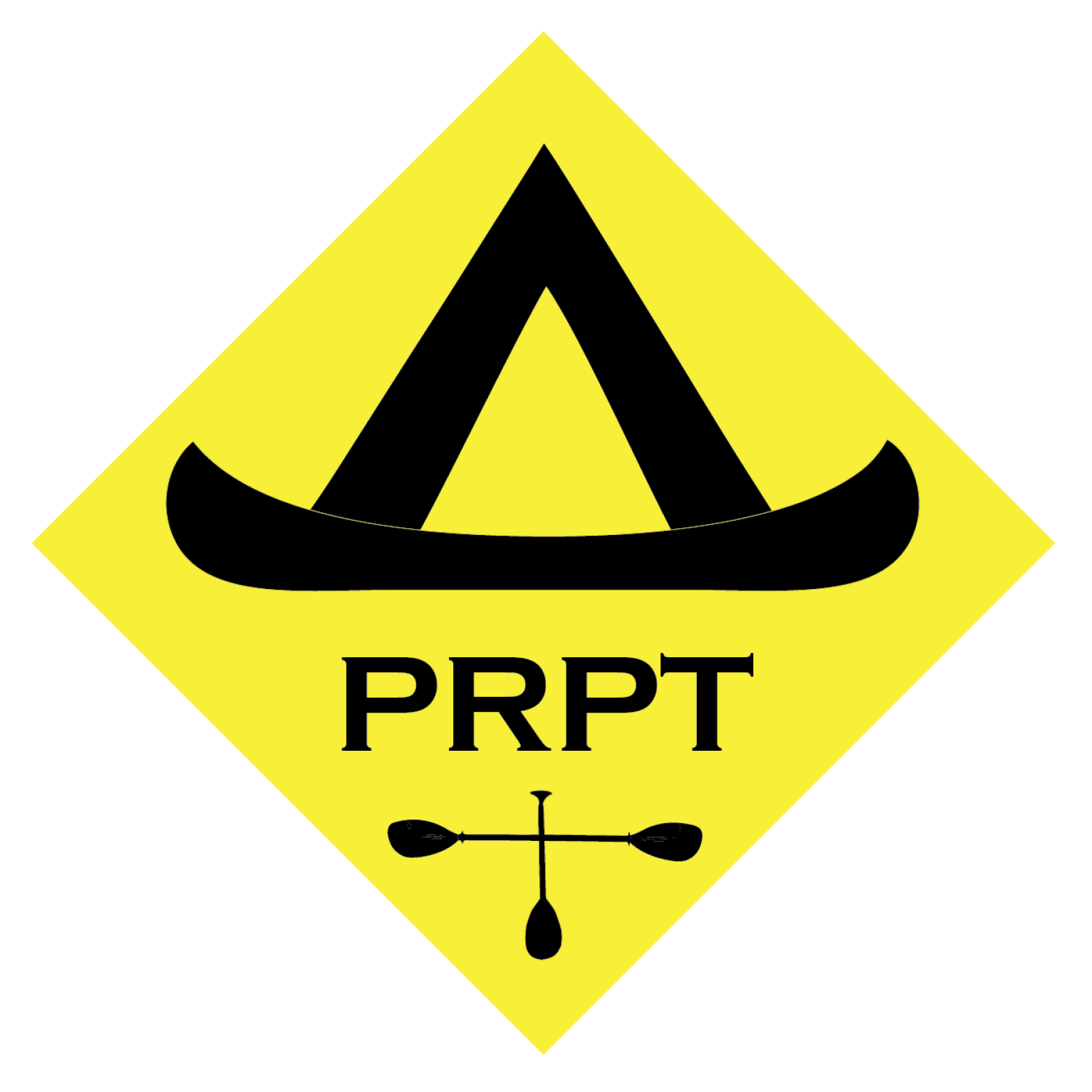Penobscot River Paddling Trail
Who We Are
The Penobscot Rive Paddling Trail was initiated to provide campsites for paddlers traveling on the river’s main stem from Medway to Bucksport. Over a distance of 100 miles, the Penobscot offers a combination of flatwater and whitewater, and plenty of access points for day use to long distance trips. Paddlers have options of self-guiding, guides for hire, and Wabanaki cultural experiences. When completed, the campsites will provide a link between the East Branch of the Penobscot and the Maine Island Trail, both of which have established paddling trails.
Our Mission
The Penobscot River Paddling Trail seeks to establish and maintain a paddling, camping and educational trail down the main stem of the Penobscot River.
Vision & Aspirations
Enable exceptional paddling and Leave No Trace camping experiences down the Penobscot River.
Provide education to paddlers and non-paddlers concerning the ecology, natural history, Wabanaki history and current status, colonial history, industrial history, and present status of the Penobscot River.
Promote and demonstrate an ethic of watershed conservation.
Help to connect paddlers to upstream campsites on the West and East Branches of the river, to campsites of the Northern Forest Canoe Trail, and to the saltwater campsites of the Maine Island Trail Association.
Provide a vehicle for economic growth in the watershed by including commercial outfitters, guides, lodgings, campsites, restaurants and stores in our maps and materials.
PRPT Land & Water Acknowledgement
The Penobscot River is home, ancestral and current, to citizens of the Penobscot Nation. Throughout history the river has been a lifeline and connection for all Wabanaki people: Penobscot, Passamaquoddy, Maliseet, and Mi’kmaq. The Wabanaki were forcibly removed from this watershed by colonization well into the 20th century. The Penobscot River Paddling Trail organization recognizes their courage, determination, sovereignty, and commitment to the lands and waters of their ancestors despite war, disease, racism, and genocide.
We paddle the river with remembrance and respect, striving toward future relationships beneficial and harmonious for all people and other beings. We honor the sovereignty and self-determination of the Wabanaki people.
